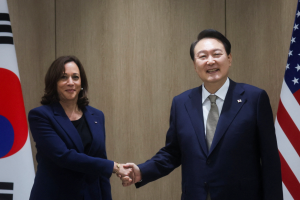A majority support using US troops to defend Seoul should North Korea invade, Council polling shows.
The American public has come a long way in its attitudes toward South Korea. Positive feelings are at an all-time high and the public remains committed to defending South Korea should North Korea invade. And while a slim majority say North Korea’s nuclear program is a critical threat, three-quarters say the United States should focus on other pressing problems besides North Korea.
Key Takeaways
- South Korea’s favorability is at a record high in the United States. On a 0-100 scale, where 100 is very warm, South Korea’s favorability is a 61. Meanwhile, North Korea’s is 20—the lowest of any country included in the survey.
- Seven in 10 (72%) support long-term US military bases in South Korea.
- When it comes to defending South Korea, a majority (55%) continue to support using US troops to defend South Korea if North Korea invades.
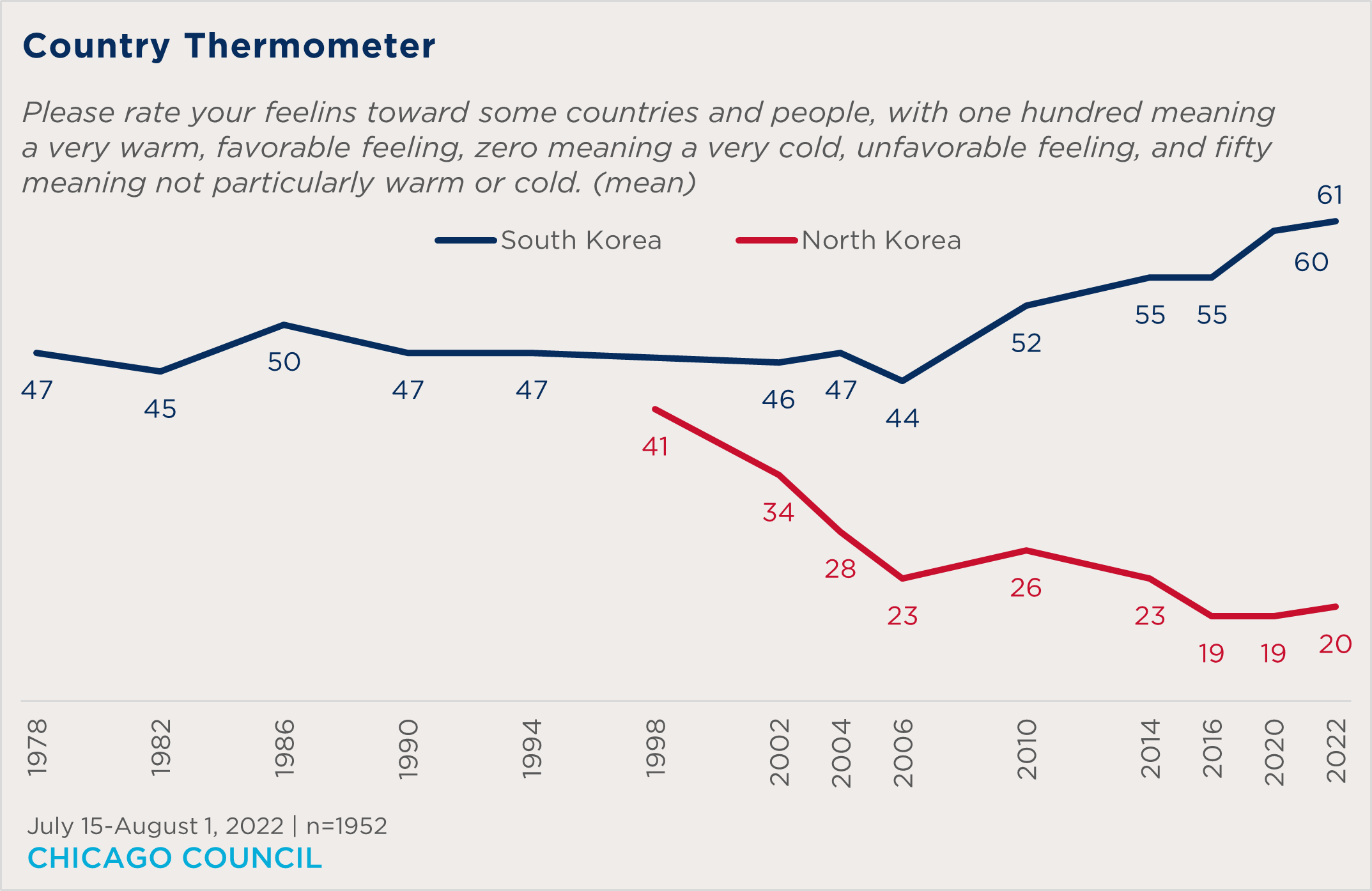
Half of Americans (52%) identify North Korea’s nuclear program as a critical threat facing the United States, down from 59 percent in 2021. This decline coincides with receding headlines about North Korea over the past year in favor of the war in Ukraine, the COVID-19 pandemic, and worldwide economic pressures.
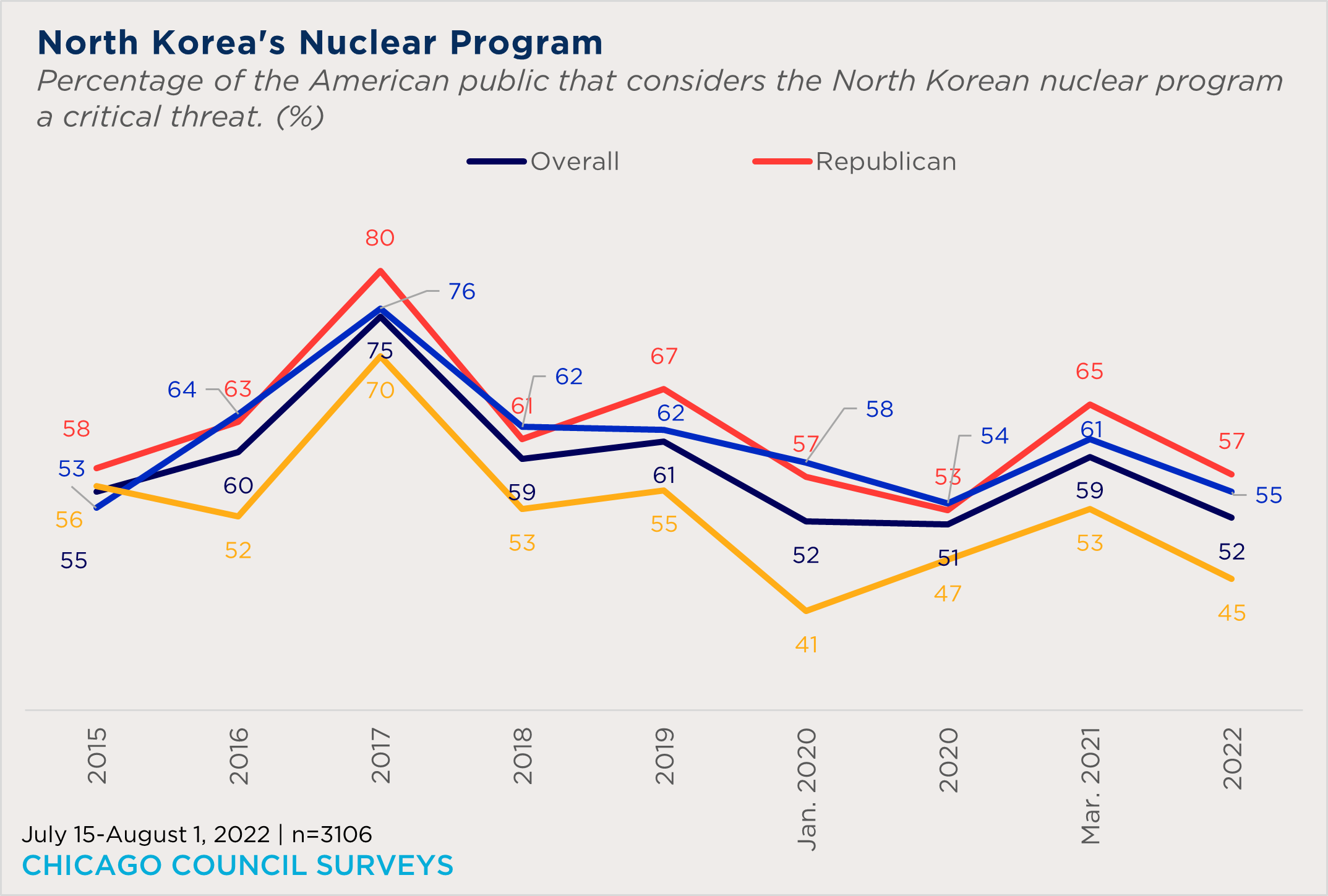
Second, the general perception among the American public is that there are more important issues to be dealt with. Three-quarters of Americans (77%) say the United States should focus on other pressing problems besides North Korea. And half (50%) think the United States must learn to live with countries like North Korea and Iran possessing nuclear weapons, just as we do with China and Russia.
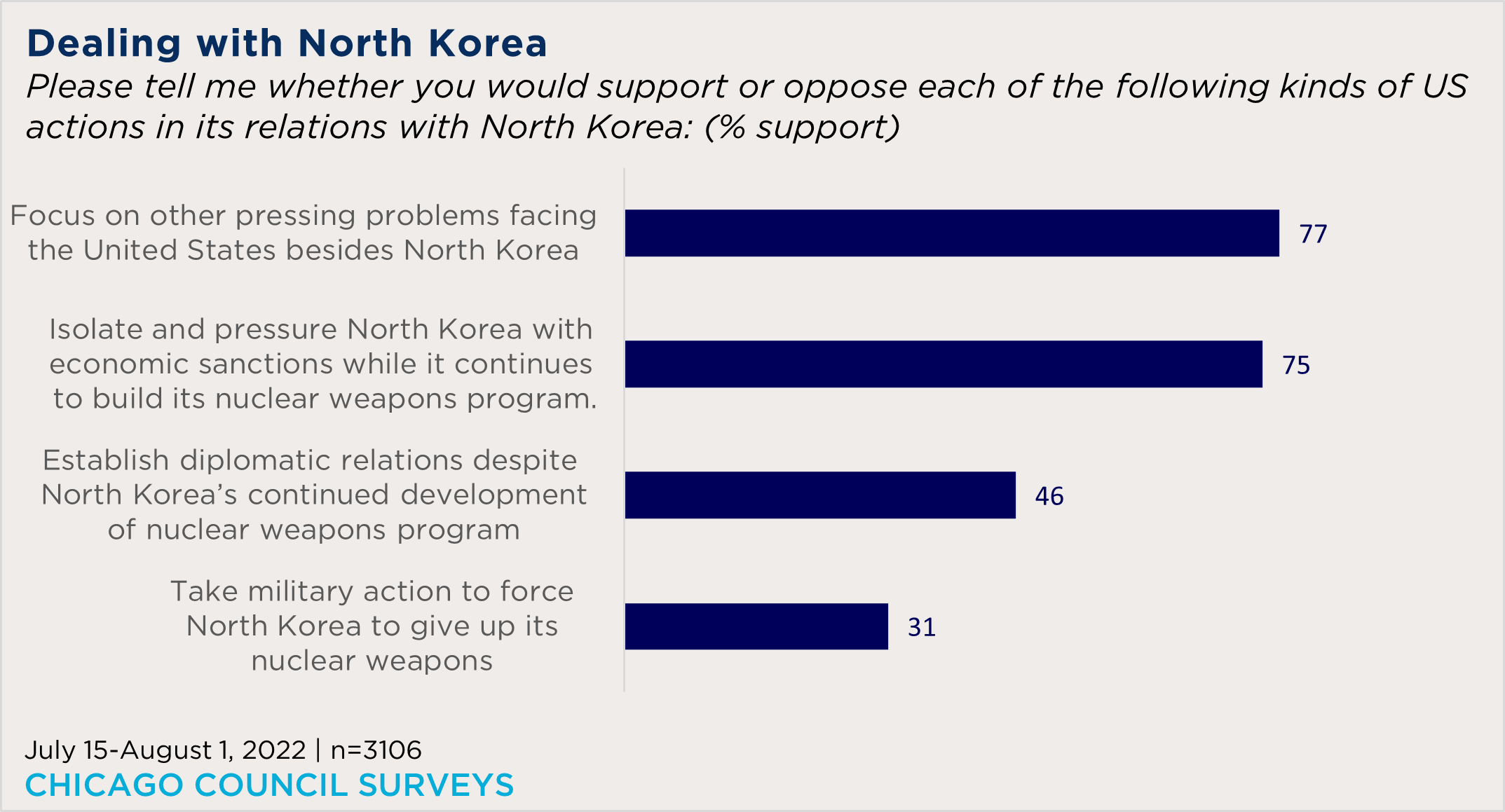


Methodology
This analysis is based on data from the 2022 Chicago Council Survey of the American public on foreign policy, a project of the Lester Crown Center on US Foreign Policy. The 2022 Chicago Council Survey was conducted July 15–August 1, 2022, by Ipsos using its large-scale nationwide online research panel, KnowledgePanel, in both English and Spanish among a weighted national sample of 3,106 adults 18 or older living in all 50 US states and the District of Columbia. The margin of sampling error for the full sample is +/- 1.8 percentage points. The margin of error is higher for partisan subgroups or for partial-sample items.
Partisan identification is based on how respondents answered a standard partisan self-identification question: “Generally speaking, do you think of yourself as a Republican, a Democrat, an Independent, or what?”
The 2022 Chicago Council Survey is made possible by the generous support of the Crown family and the Korea Foundation.

Related Content
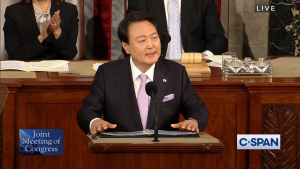 US Foreign Policy
US Foreign Policy
"According to the Chicago Council on Global Affairs, America's positive view of Korea are reaching the highest levels since 1978," President Yoon Suk-yeol told Congress.
 Public Opinion
Public Opinion
Public opinion data finds robust support for a domestic nuclear weapons program in South Korea.
 Public Opinion
Public Opinion
2021 Chicago Council Survey data show that a majority of Americans hold favorable views of South Korea and would support defending the country from a North Korean attack.
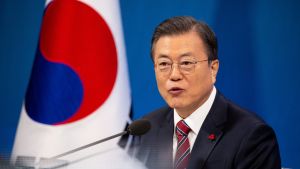 Public Opinion
Public Opinion
Chicago Council survey data find majorities in South Korea view China as more of a security threat than a security partner and as more of an economic threat than an economic partner.
